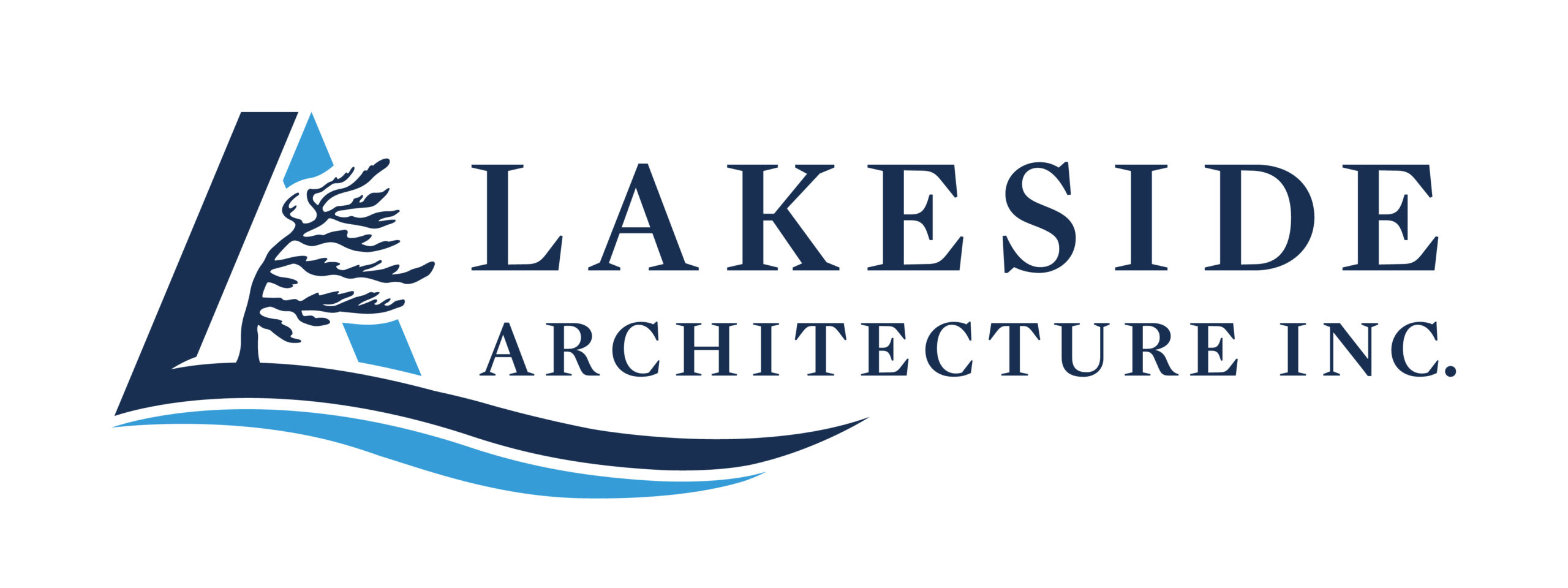Recently, the Spring ‘21 issue of CAA Magazine had an exceptionally good article on “How to Buy a Cottage”. I have reproduced the bulk of that article below and have added in my thoughts on the topic.
For me, the number one thing to look for in a cottage is not the cottage itself but the site itself. In the words of Haliburton Realtor, Rod Serediuk, “you can always change the cottage but you can’t change the lot”. Cottages on lots with west facing water views, with water access to a sandy and clean lake or river are not only the best investment but they provide the best cottaging experience.
I am often asked what to look for in a cottage and in a site. Please see my top five things below.
- The Site
A cottage with direct access to water is ideal. Unless you want more of a wilderness experience with hiking and snowmobile trails then a cottage with water access close by is necessary to enjoy all that cottaging has to offer. A cottage on the water is ideal only if the water access is to a swimmable or boatable water system. Access to a pond will not likely urge you to swim and a cottage off water can be a very hot and buggy experience. Also, look for a cottage with year-round access or at least off a year-round road.
If your ideal cottage experience includes inviting lots of friends and family then look for a cottage with a lot that can accommodate a guest cabin (bunkie) or a boathouse with guest accommodations. The large lakes are beautiful but also look at smaller lesser-known lakes and rivers for your cottage experience. Water access properties are often a good choice for a great lot, privacy and to really enjoy a quiet cottage experience.
2. When to Start your Search
Typically, buyers who want summer at the lake start looking in early spring. That’s not a bad idea: the water is highest in the spring, so you can judge how vulnerable a cottage is to flooding and erosion.
But you will find less competition from other buyers in fall, when many owners are ready to sell. And if you’re brave enough, winter is for bargain hunters. The shoreline and other features will be hidden by snow, Pennington admits, but a local agent should know the lake, and sellers will often have lots of photos and videos you can look at.
3. How the buying process works
As with any real estate purchase, talk to a financial advisor about what you can afford. A cottages that is fully winterized and has year round road access, potable water, a foundation below the frost line will qualify for mortgages that are similar to your home mortgage. Cottages that are seasonal and not on year round roads may not qualify for the best rates. I understand that most of my client finance their cottages by either inheritances, using equity from their main property or through their investments.
Insurance is another item to consider. Not all insurance companies offer cottage policies, but those that do, such as CAA, will look at the cottage’s location, level of fire protection, heat sources and how it’s used. Road access will also affect your premiums: water-access cottages can be difficult to insure for fire damage because emergency services can’t get there quickly.
Also, if you plan to rent out your cottage to offset costs, talk to your realtor, bank manager and insurance company first. A realtor should know if local governments are open to renters— some are, some aren’t. CAA’s insurance policies, for example, allow up to 30 days of rental per year, with options for additional coverage, but some insurers don’t allow renting at all.
4. Questions to ask
Speak to the neighbours. Your neighbours will know about the water, any erosion or flooding issues and how swimmable the water is. They can also help you understand the culture in the area, whether you’re looking for a quiet getaway, a lively gathering spot or a property you can rent out. In my experience, one of the main reasons people sell a cottage is the neighbours.
Good luck on your cottage search and if you have any questions please do not hesitate to get in touch. James
